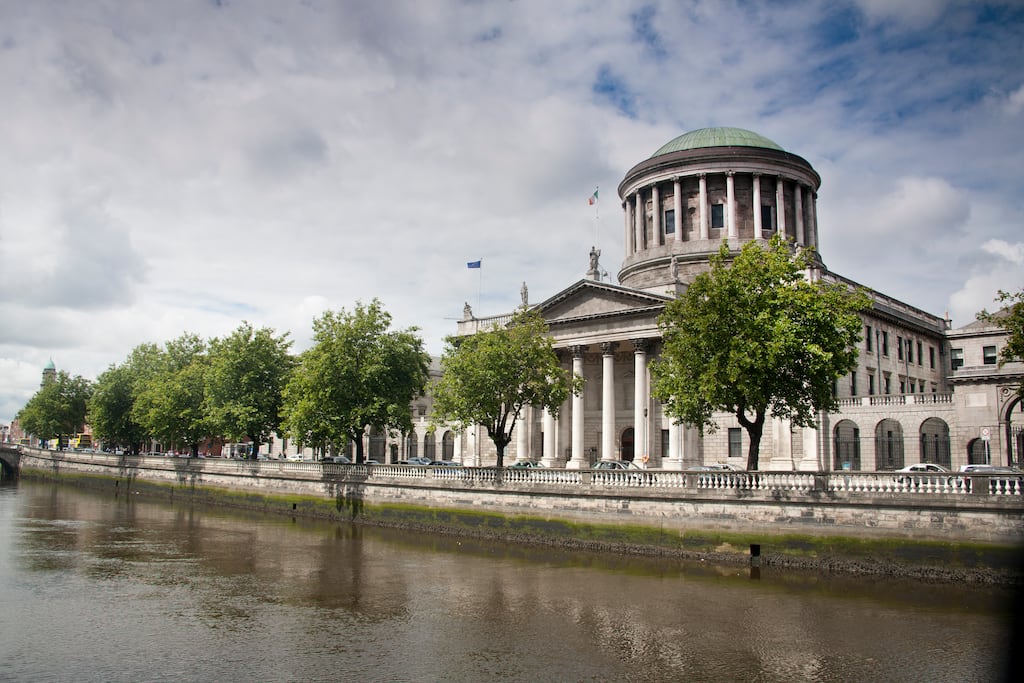A High Court judge has said he was unfair to a law firm over the content of a letter it wrote denying any knowledge of particular surveillance allegedly carried out on the payroll manager at the centre of the business “spy” affair.
Mr Justice Brian Cregan said he had reflected on what he had said in relation to the letter written by Hayes Solicitors LLP, Dublin on behalf of Deel Inc. The US-headquartered HR software firm is being sued by rival Rippling, also US headquartered, who employed global payroll manager Keith O’Brien until his espionage activities on behalf of Deel were discovered.
Mr O’Brien, of Balrothery, north Dublin, admitted being paid €5,500 a month by Deel and has been co-operating with Rippling having expressed regret for his “participation in this espionage”. He is a defendant in the Rippling case against Deel and others but no reliefs are being sought against him.
Mr O’Brien brought his own case alleging intimidation and harassment from surveillance of him and his family by what were initially only “persons unknown” but later private investigation firms of Mark Murran, also known as Rock Investigations, and Cliona Woods of Gotham Services became the defendants.
READ MORE
They strongly deny any overt surveillance or claims of harassment and intimidation.
During the hearing of applications related to Mr O’Brien’s case, the court heard that before he brought legal proceedings his lawyers wrote to Hayes solicitors requesting the surveillance stop.
Hayes responded with a letter saying its client (Deel) had “no knowledge” of surveillance being carried out by two cars alleged to have followed and surveilled Mr O’Brien.
One of the cars later turned out to be completely innocent while the other was driven by Mark Murran, the court heard.
Mr Justice Cregan expressed concern that officers of the court (Hayes) had written a letter which was either a “blatant lie or a misrepresentation”.
It had also made him briefly question whether he could rely on another Hayes letter in another case he was dealing with but he did accept that letter.
Paul Gardiner SC, instructed by Hayes for Deel, objected to the judge’s description in a case in which fair procedures had yet to be gone through.
He said it was unfair to Hayes.
Mr Gardiner also said the letter was true at the time and while it turned out to be incorrect because discreet surveillance was commissioned by Deel, when written it was believed to be correct.
The judge said he wanted an explanation from Hayes via an affidavit.
On Thursday, Michael Cush SC said he was representing Hayes in relation to the judge’s request and he was looking for the matter to be dealt with as soon as possible.
Mr Justice Cregan said Mr Cush’s application was very timely because he had been reflecting on this matter and Mr Gardiner’s comments about him being unfair.
He said he was concerned about the Hayes letter but it was written on instructions from the client and it was an issue for Deel rather than Hayes. “So I had in fact been unfair,” he said.
He had been mulling over the matter and was considering asking the court registrar to write to Hayes as to whether the firm could write another letter “and that would be a solution”.
Mr Cush said that was very gracious of the judge but he would first have to take instructions. Hayes was concerned at the publicity the judge’s comment attracted and they were hopeful that showing the letter was written on instructions would also attract some publicity.
The judge said he would be prepared to deal with the matter on Friday. He was concerned about the administration of justice aspect of the matter (as Mr O’Brien will be a witness in the Rippling case).
He felt the matter might be dealt with by a letter from Hayes correcting the record but he would leave that to be dealt with on Friday.














